The last known wild northern spotted owls in Canada have been given a new shot at survival.
The B.C. and federal governments recently announced a year-long halt to logging within the forests of the Spô’zêm First Nation territory, specifically the Spuzzum and Utzlius watersheds.
“This is a moment to celebrate. It’s a great relief after 20 years working to save the spotted owls to have logging stopped in the valleys of Spô’zêm Nation territory where the last owls live,” said Wilderness Committee protected areas campaigner Joe Foy in a statement. “After all this time on-the-ground with our partners Spô’zêm Nation and Ecojustice documenting the devastation and engaging people to demand action of the B.C. and federal governments, this is a welcome development.”
There are three known owls in the Spuzzum area – a breeding pair and a solitary owl. In spring 2019, environmental law advocate group Ecojustice sent a letter to the federal minister of the environment and climate change demanding protection and habitat restoration for the endangered owls under the federal Species at Risk Act. In October 2020, the Wilderness Committee and the Spô’zêm First Nation wrote to federal and provincial officials calling for the logging halt. The Wilderness Committee cited expert reports detailing the threats against the owl while the Spô’zêm First Nation asserted Aboriginal Title and called the Crown out for failure to consult with the Nation.
“Spô’zêm First Nation stands proud as we have further shown that with the right intentions, collaboration and productive dialogue great things are achievable,” said Spô’zêm First Nation Chief James Hobart in a statement. “One thing is certain, we didn’t get here by ourselves. Spô’zêm First Nation Chief and Council want to acknowledge the undying support from Joe Foy and the Wilderness Committee and Kegan Pepper-Smith from Ecojustice.”
Hobartaddedthe“monumentalstepforward”camethroughaclosepartnershipwiththeprovincialNDPgovernment,environmentaladvocatesandtheFirstNation.
While a year free of logging activity isn’t forever, Foy said it would buy conservation organizations time to formulate a recovery plan for the northern spotted owl.
“The next step is for the provincial and federal governments, in partnership with First Nations, to protect all of the spotted owl forest habitats,” Foy said. “Obviously, they haven’t protected enough for the species to survive and thrive.”
The spotted owl isn’t alone under the threat of habitat loss. Pepper-Smith said while this step is great for the northern spotted owl, “more must be done to address the urgent threat to B.C.’s endangered species and the ongoing loss of habitat.”
There are fewer than 30 individual northern spotted owls in Canada, many of which live at the Northern Spotted Owl Breeding Program in Langley – the first and only breeding program for this species in the world. As of fall 2020, there are 28 spotted owls, including seven breeding pairs, at the Langley facility; their goal is to reach 10 breeding pairs and to release 10 to 20 offspring each year for the next 15 to 20 years.
Plan your adventures throughout the West Coast at westcoasttraveller.com and follow us on Facebook and Instagram @thewestcoasttraveller. And for the top West Coast Travel stories of the week delivered right to your inbox, sign up for our weekly Armchair Traveller newsletter!

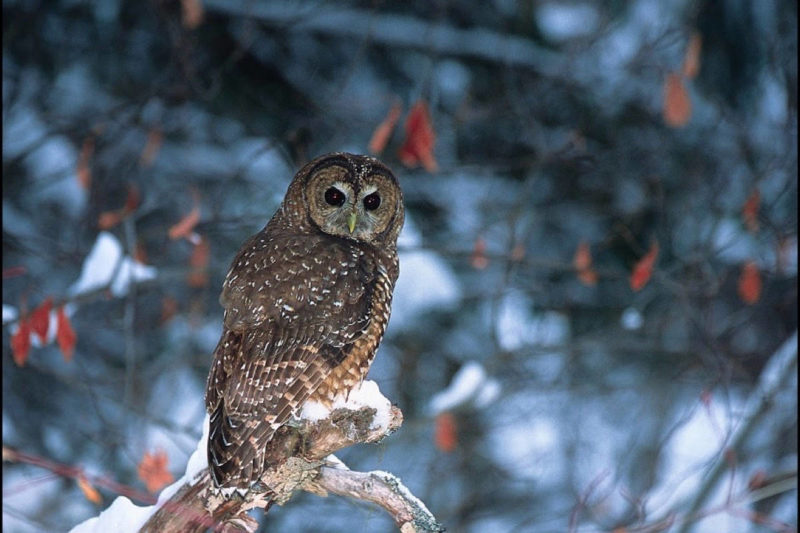

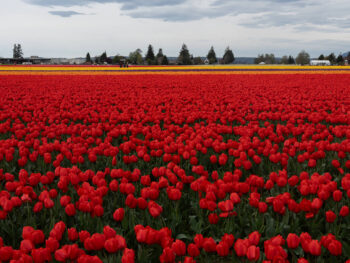

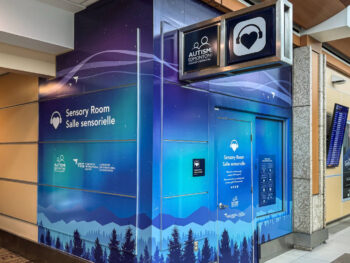
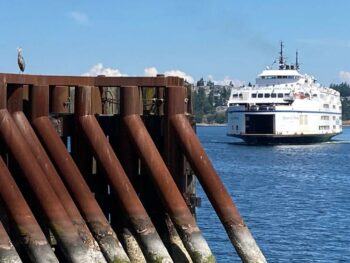
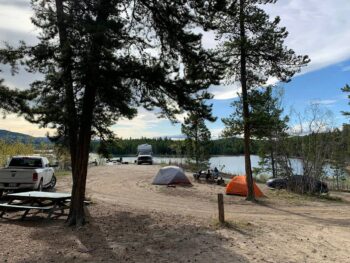
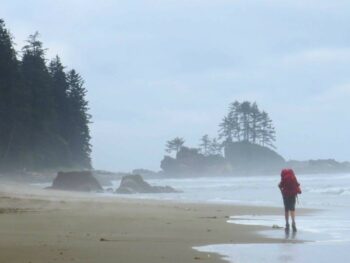

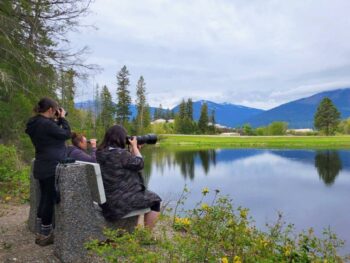
 Summer is sweet at Sugar Lake (and winter’s pretty cool, too!)
Summer is sweet at Sugar Lake (and winter’s pretty cool, too!)